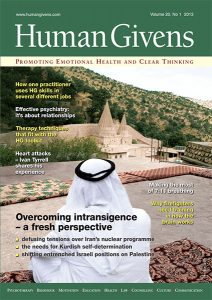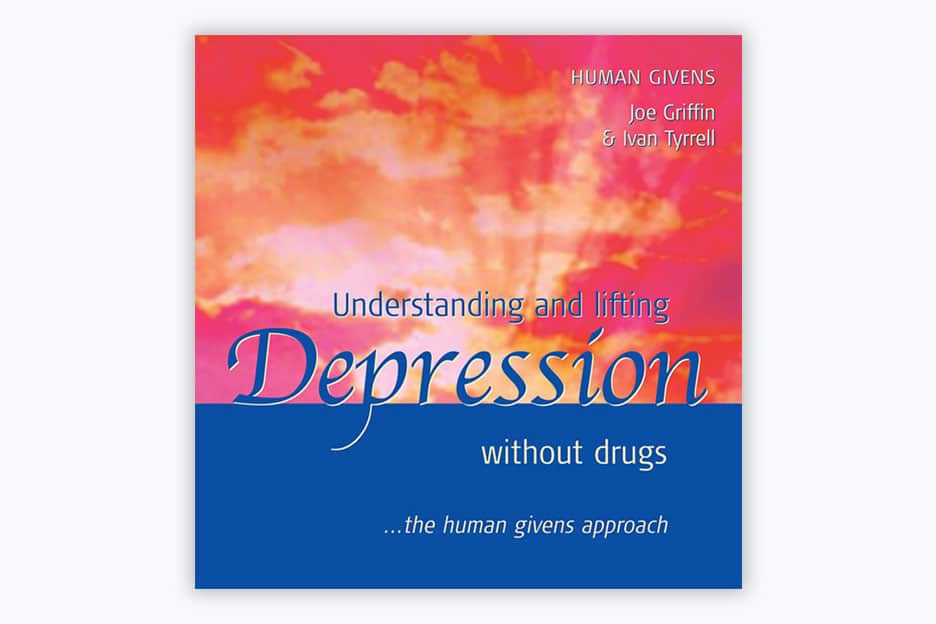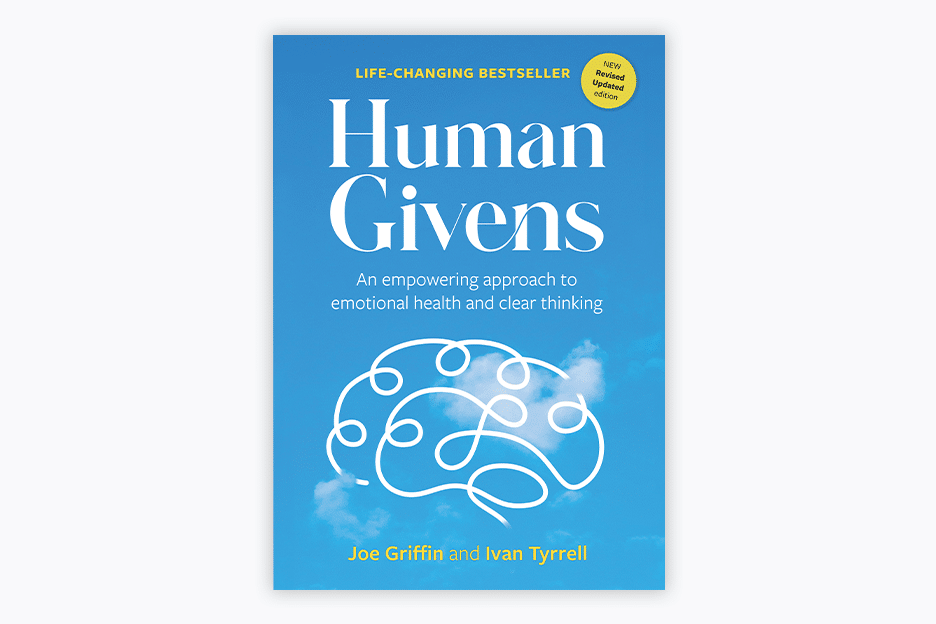A memory trick to help beat depression
Depression impairs people’s ability to recall positive, self-affirming memories relating to their lives. So researchers at the Medical Research Council Cognition and Brain Sciences Unit, Cambridge, have come up with a novel way to try to overcome this. They wondered if a trick widely used by memory experts – remembering, say, a shopping list by thinking of a set of meaningful places in a particular order and imposing zany images of each item on the list onto each of those locations – could help people with depression or depressive tendencies recall their happy memories.
The researchers recruited 38 adults via local advertisements. About half reported that they had often previously suffered depression and half were currently in the throes of depression. After completing scales to determine the degree of depression, the participants took part in one-to-one sessions, where experimenters helped them generate 15 vivid autobiographical memories. The memories chosen were those that the participants thought would help them lift their mood if they were down – but which, usually, they found too hard to access when depressed. The participants gave each of their memories an identifying phrase, for the purposes of recall.
Half of the participants, equally split between those previously and currently depressed, were then introduced to the location memory technique, using a shopping list and landmarks in London to practise with. Then they chose their own locations, such as landmarks along their journey to work or rooms in their childhood home, and worked with the experimenter to come up with creative images to link each memory with each location. For instance, one woman had chosen to recall a meaningful chat with a friend over coffee in New York; she associated that memory with the front of her childhood home by imagining the front transformed into the coffee chain outlet and her friend standing outside it. A man who chose to recall the birth of his daughter mentally imposed an image of her in her crib lying peacefully on top of a post-box he passed on his journey to work.
Over the next week, the participants looked at their notes to remind themselves of their memories and their locations and practised navigating through them until they could do so without referring to their notes. In a second one-to-one session, they mentally retraced their chosen route, recalling their memories as vividly as possible.
The rest of the participants were taught a method of chunking memories for ease of recall and then rehearsing them. Both groups had relatively good recall for their positive memories a week later and both reported that thinking about their happy memories had a beneficial effect on their mood.
There were no significant differences between the performances of those who were no longer depressed and those currently experiencing depression. However, in a surprise test another week later, there was a marked drop in the memories that the chunking group could remember, whereas the group using the location method were still able to access their vivid memories.
Reference
Dalgleish, T, Navrady, L, Bird, E, Hill, E, Dunn, B D and Golden, A (2013). Method-of-loci as a mnemonic device to facilitate access to self-affirming personal memories for individuals with depression. Clinical Psychological Science, 1, 2,156–62.






